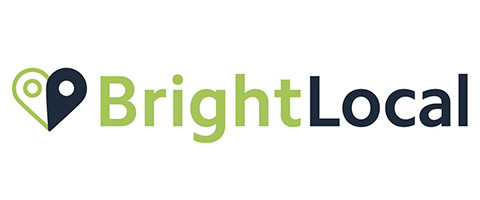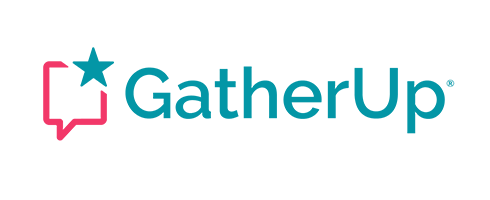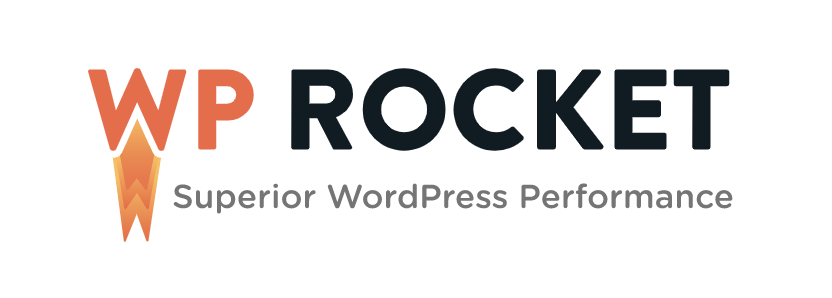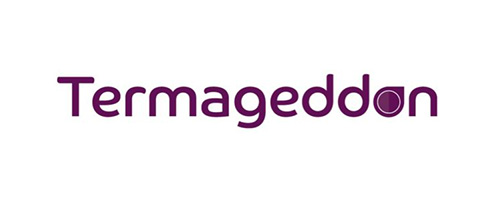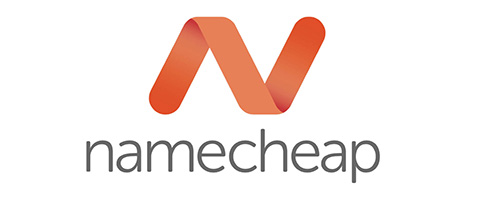Tools, Software & Plugins
I’ve used dozens of marketing tools over the years. This page will help educate you on the best ones—and my personal favorites. I only feature tools that I, or my team members, have expertise with.
Affiliate Disclosure:
For some of these tools, I do earn a commission if you purchase one of them after clicking from this page. If you don’t want me to get paid, that’s okay. You can still use these tools, just go directly to the vendor’s website instead of clicking below.


My Favorite Tools
Keywords Everywhere
My go-to tool for keyword research! Keywords Everywhere is an easy (in my opinion, easiest), yet robust, browser extension that provides keyword metrics and other valuable SEO data directly in the search results on Google, YouTube, and Amazon. This tool has a free version—or upgrade starting at only $15/year to get all its benefits.
- Displays data under the search bar, side widgets, and in the autocomplete drop down (so you don’t have to leave the search results page)!
- Advanced features make it comparable, and a possible substitute to, other pricier SEO tools
- Competitor research: Provides domain authority, backlinks, estimated search traffic, and keyword rankings
Jasper
- Templates - For over 50 different uses
- Campaigns - For different projects and/or clients
- Easily add team members, share projects, and collaborate
- Brand voice and tone to match your writing style
- Integrations - Grammarly, Plagiarism Checker, and SurferSEO
🤖 P.S. Jasper helped me write this 😀

BrightLocal
- One-time cost per listing (no recurring monthly fees like many other providers)
- Manually created by real humans
- Reporting provided
- Data aggregators available
- Niche sites available
CallRail
When it comes to measuring your marketing ROI, phone calls are as concrete as it gets! With CallRail, you can track exactly where the calls to your business are coming from—SEO, paid ads, social media, and even offline marketing!
Generate unique tracking numbers that route calls to your main number or any other phone number you prefer. Add a simple code snippet into your website. This code automatically displays a CallRail tracking number to website visitors coming from various sources like Google, Facebook, and more. Then, take your tracking to the next level by creating and adding CallRail numbers to other marketing assets such as your Google Business Profile(s) and social media pages—or specific campaigns for print, radio, and TV… you name it.
- Great for businesses and agencies (manage multiple companies, clients, and users)
- Call recording (good for seeing how your employees handle calls)
- Call routing (during certain hours, route to multiple numbers, etc)
- Plus text messaging, phone menu, and even voicemail features
- Form tracking and builder available
- Awesome insights and reporting capabilities (both internal and external)
- Integrates with most 3rd-party reporting platforms
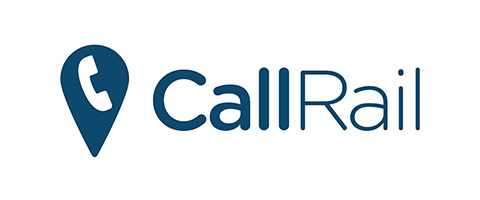
Plans start at $40/month (5 local numbers and 250 minutes).
Try CallRail for Free (14-day trial; No credit card required)
GatherUp
After trying several tools for managing online reviews, I’ve landed on GatherUp. First off, the price is right – starting at $99 per month, per location. GatherUp allows you to send automatic (and fully customizable) email sequences to your customers requesting their review on Google, or whichever platform you prefer (Facebook, Houzz, Zocdoc, etc). GatherUp is a reputation management platform that makes it easy to keep your online reviews updated and organized. GatherUp offers a custom setup with all necessary integrations allowing you to monitor the success of campaigns at a glance and use free analytics from within the platform.
- Embed your online reviews directly to your website
- Get immediate notifications when someone leaves you a review
- Monthly reports of your online reputations
- A conversion popup tool (for social proof!)
Flywheel
- Free SSL Certificate
- Free Migrations
- Daily Backups included
- CDN (content delivery network) included
- Caching included (optimized for WP Rocket plugin)
- Staging site included
- Ability to duplicate your site
- Managed Plugin Updates ($25/month extra)
WP Rocket
Termageddon
- Termageddon creates the privacy policy automatically based on the information you provide
- Embed policy(s) on your site in just a few clicks
- Policies update automatically as laws changes
- Get compliant with CalOPPA, CCPA, GDPR, and more
- Only $12/month per site
Namecheap
- Namecheap is usually half the price than GoDaddy (avg. $8.88/yr)
- My favorite feature – they include Privacy Protection for free!


